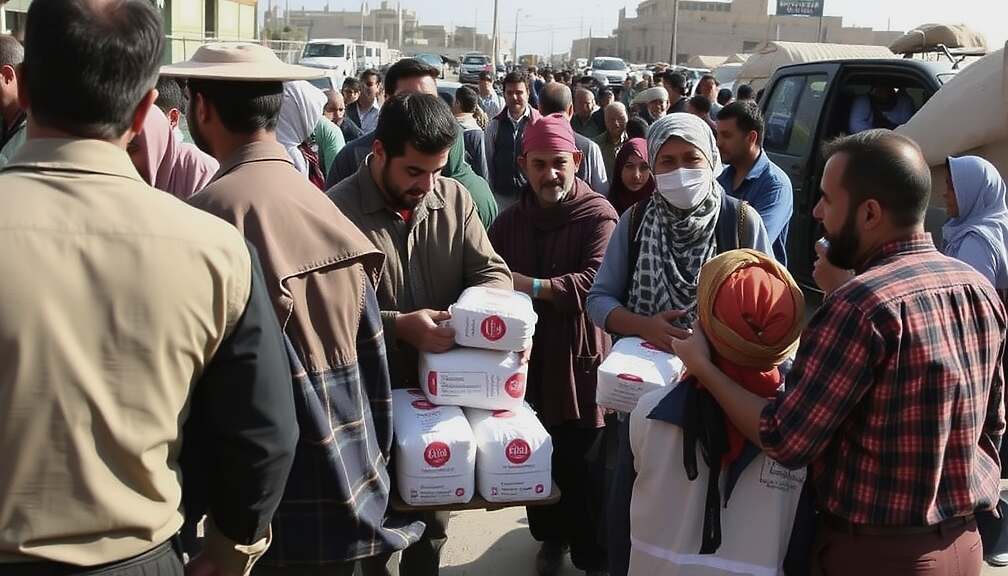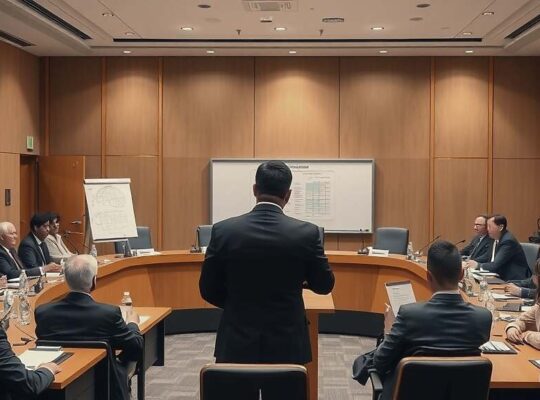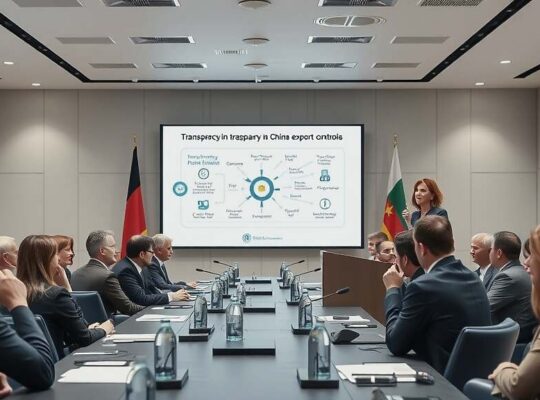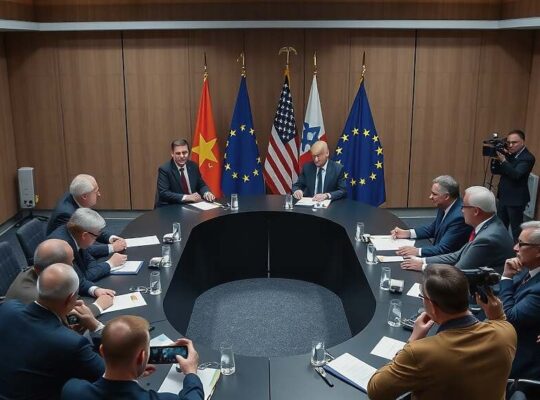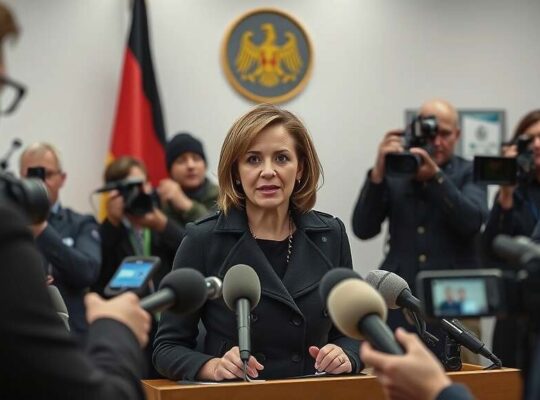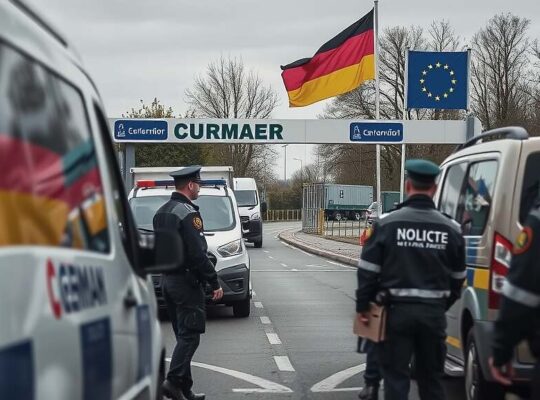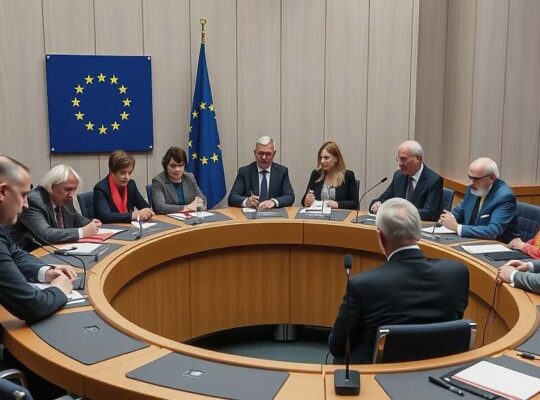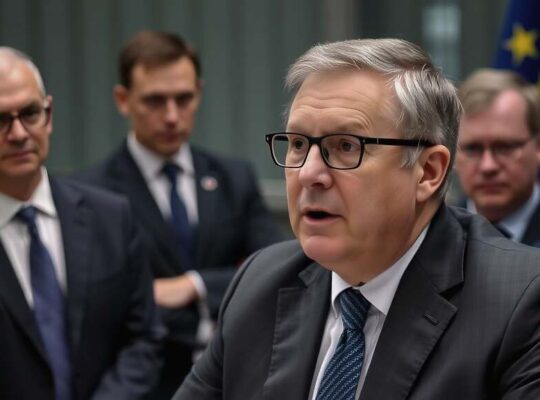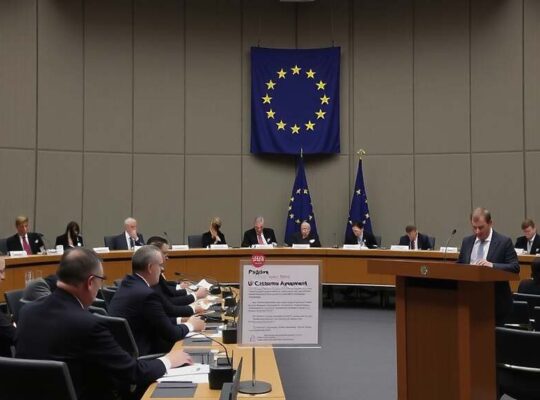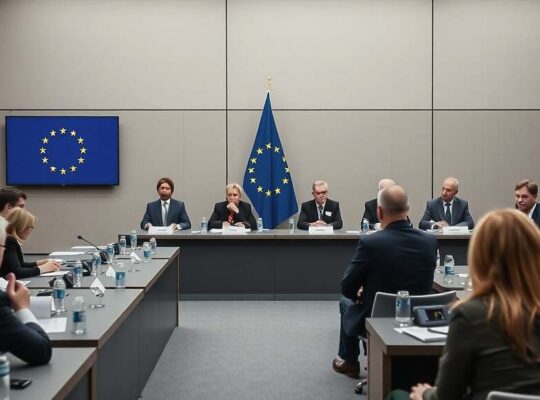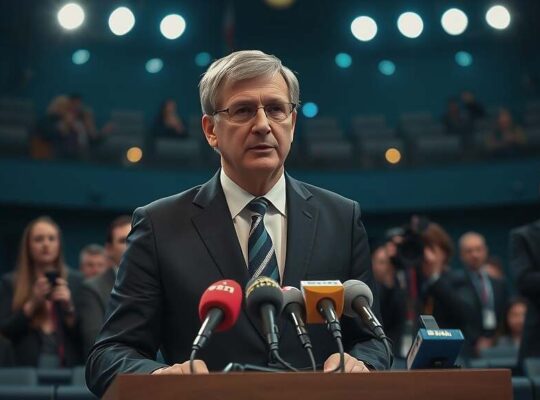The European Commission is facing mounting criticism for a nine-month delay in providing information regarding the allocation of funds earmarked for Palestinian aid. Moritz Körner, a member of the European Parliament’s Budgetary Committee for the Free Democratic Party (FDP), initially requested the documentation on January 29th, detailing the use of funds spanning from 2014 to 2025. Despite repeated assurances, the documents remain unreleased, as evidenced by correspondence reported by Bild.
Körner has vehemently accused the Commission of deliberate obfuscation, stating, “Nine months of silence is not an administrative error-it’s a political will to conceal something”. His concern stems from a desire to ensure accountability in the planned EU reconstruction aid for the region and to ascertain whether previous disbursements have achieved their intended objectives. He specifically emphasized the imperative to verify that funds are directed towards constructive purposes, questioning, “I want to know if our money is funding schools or explosives.
The European Taxpayers Association has also expressed alarm at the situation, decrying it as “an unacceptable affront and a disregard for parliament and the public”. Michael Jäger, the association’s president, underscored the importance of reconstruction aid while simultaneously raising serious reservations about funding flows to the Gaza Strip. He warned that any indication of past misappropriation of funds should trigger immediate investigation by the EU Public Prosecutor’s Office and the European Anti-Fraud Office, OLAF.
The delayed response raises critical questions about transparency and oversight within the European Commission’s humanitarian aid program and fuels speculation that political considerations may be influencing the release of potentially sensitive financial records. The incident is likely to escalate scrutiny of the EU’s relationship with the region and the mechanisms designed to safeguard taxpayer funds.


